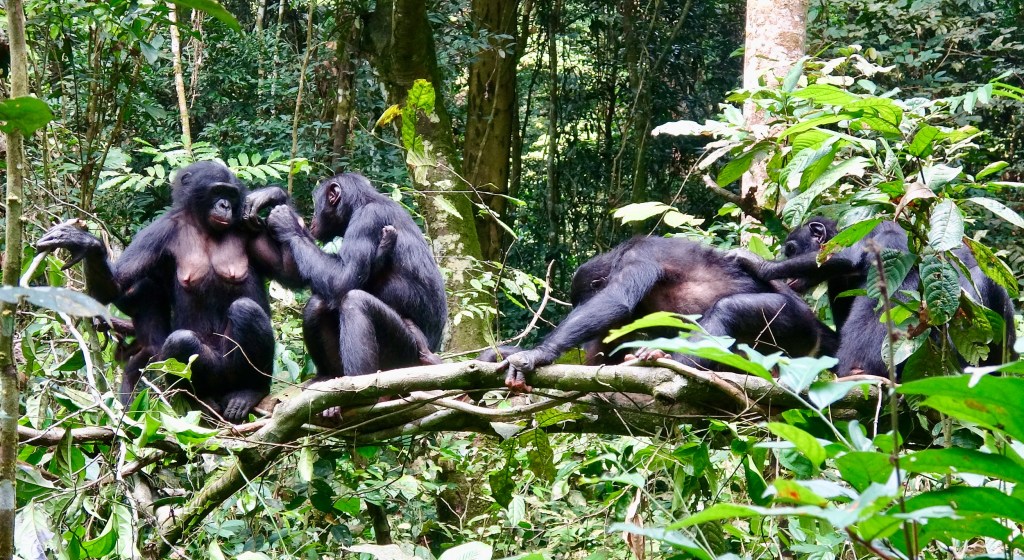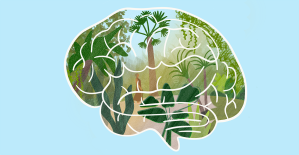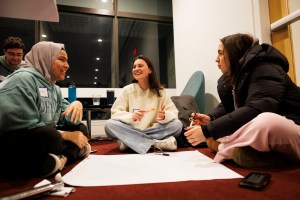Science & Tech
-
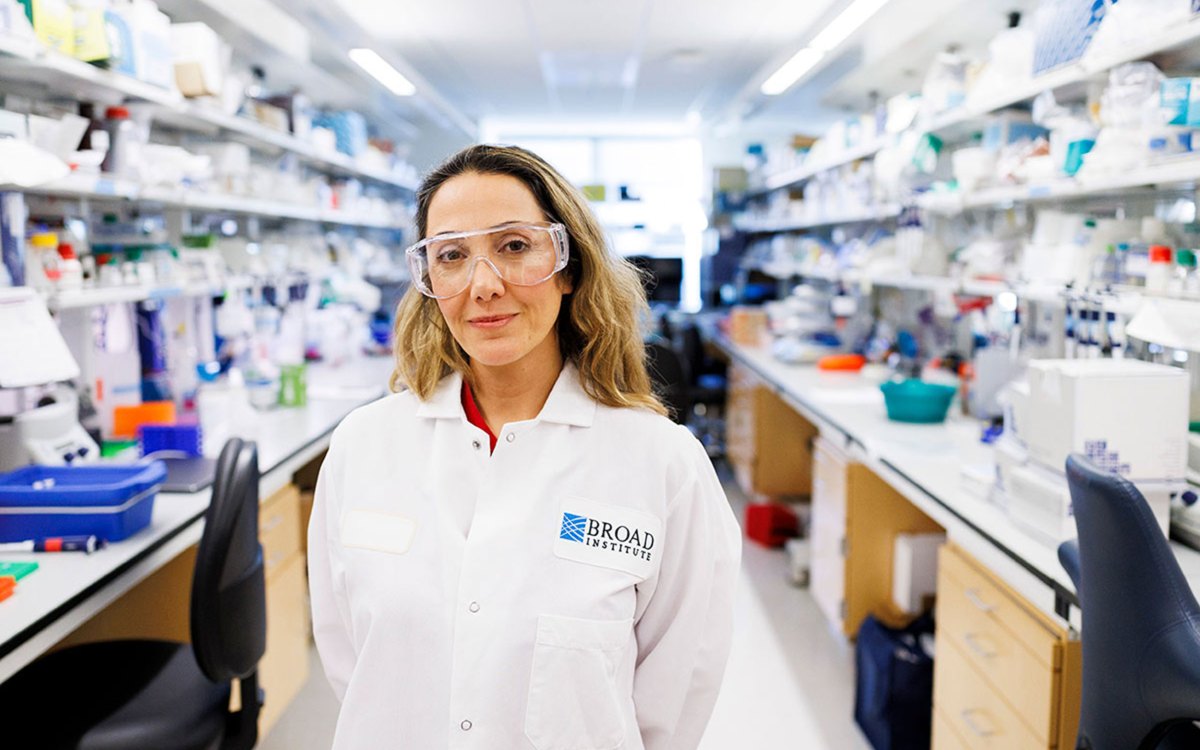
Stopping the next pandemic
Disease surveillance network faced ‘existential cliff’ despite proven success. Then came the $100 million.
-

Rethinking — and reframing — superintelligence
Microsoft researcher says separating AI from people makes systems dangerous and unproductive
-
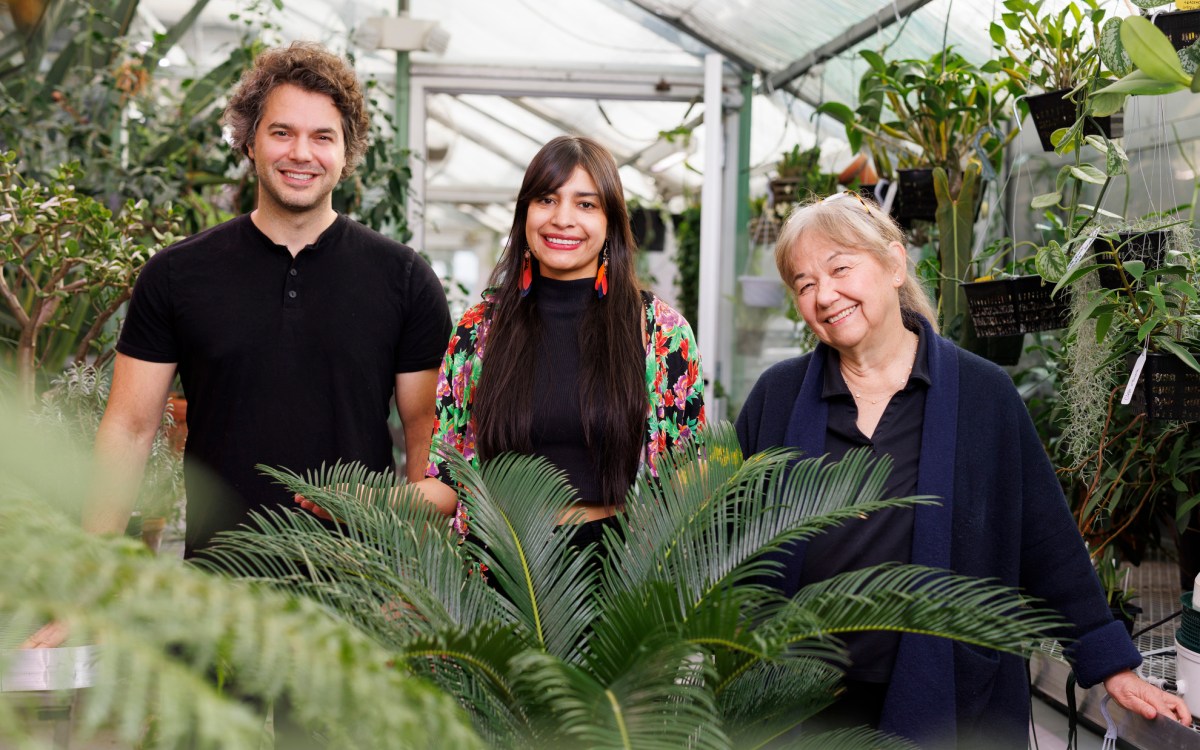
First, male gets heated up, then female, and then, you know
Study shows infrared radiation from plants serves as invitation to pollinating insects
-

‘Consciousness’
What we know and don’t know about the life of your mind
-
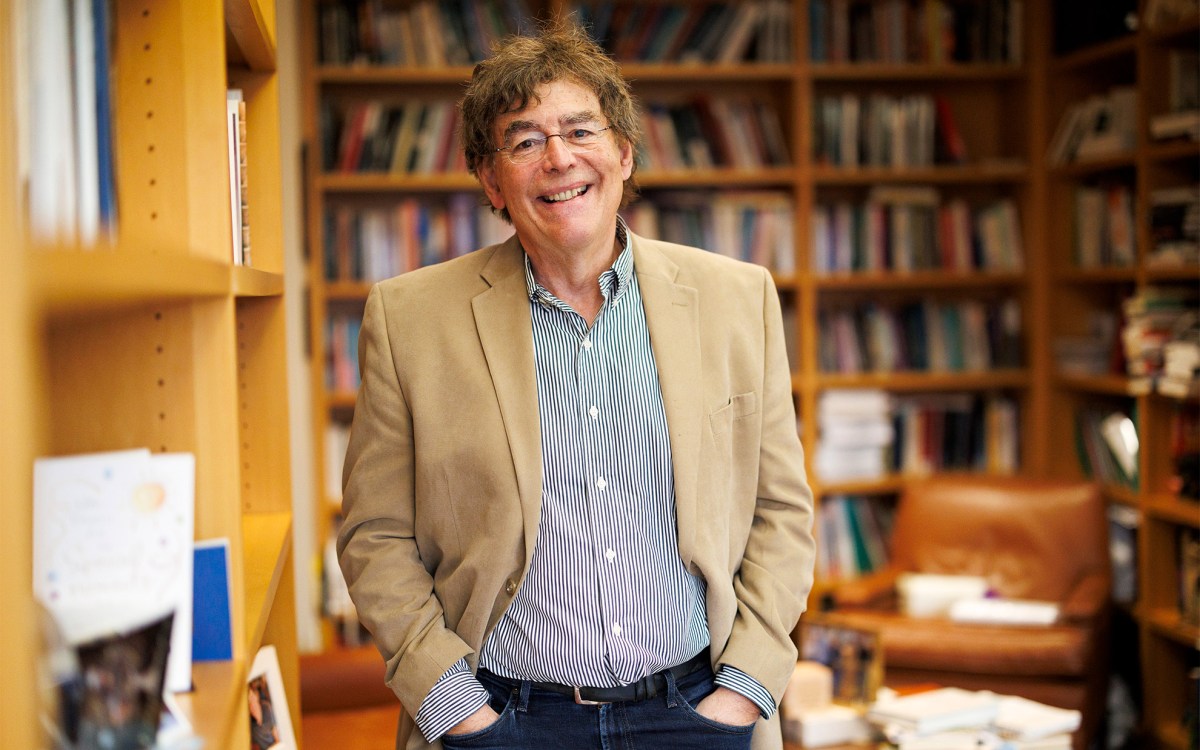
Science needs contrarians, and contrarians need support
Institute of Quantitative Social Science initiative tailored to researchers exploring provocative ideas
-

Cracking the code of why, when some choose to ‘self-handicap’
New research also offers hints for devising ways to stop students from creating obstacles to success

-
Largest set of mammalian genomes reveals species at risk of extinction
A team of researchers analyzed and compared the genomes of more than 80 percent of all mammalian families, which captures mammalian diversity at an unprecedented scale.
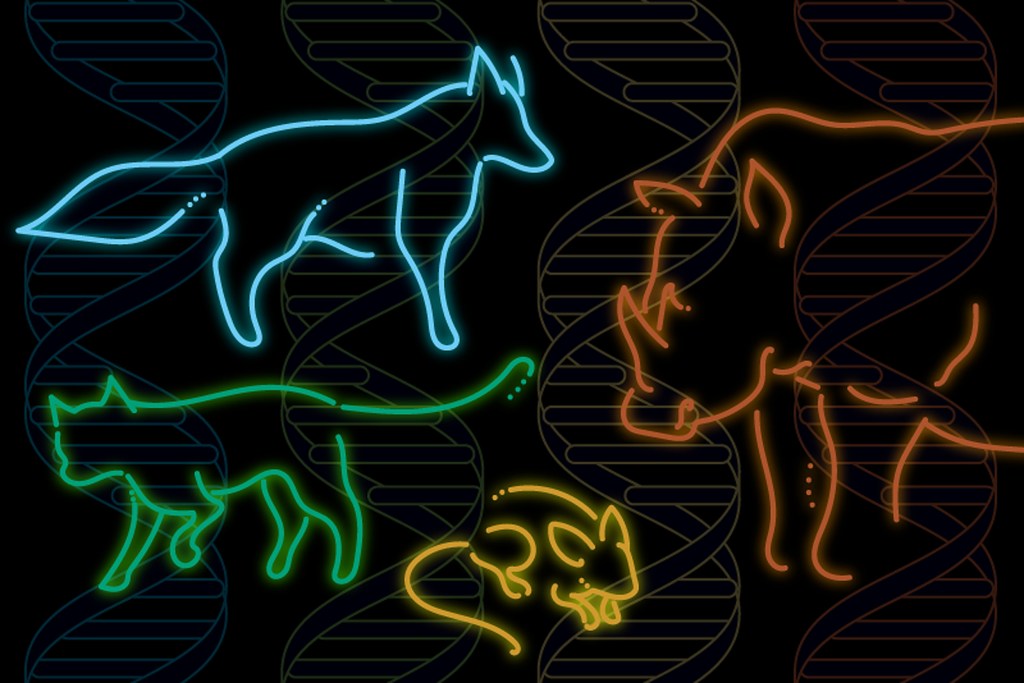
-
The Popovich of floral nectar spurs
Researchers discover gene controlling nectar spur development, opening door for insights into evolution.
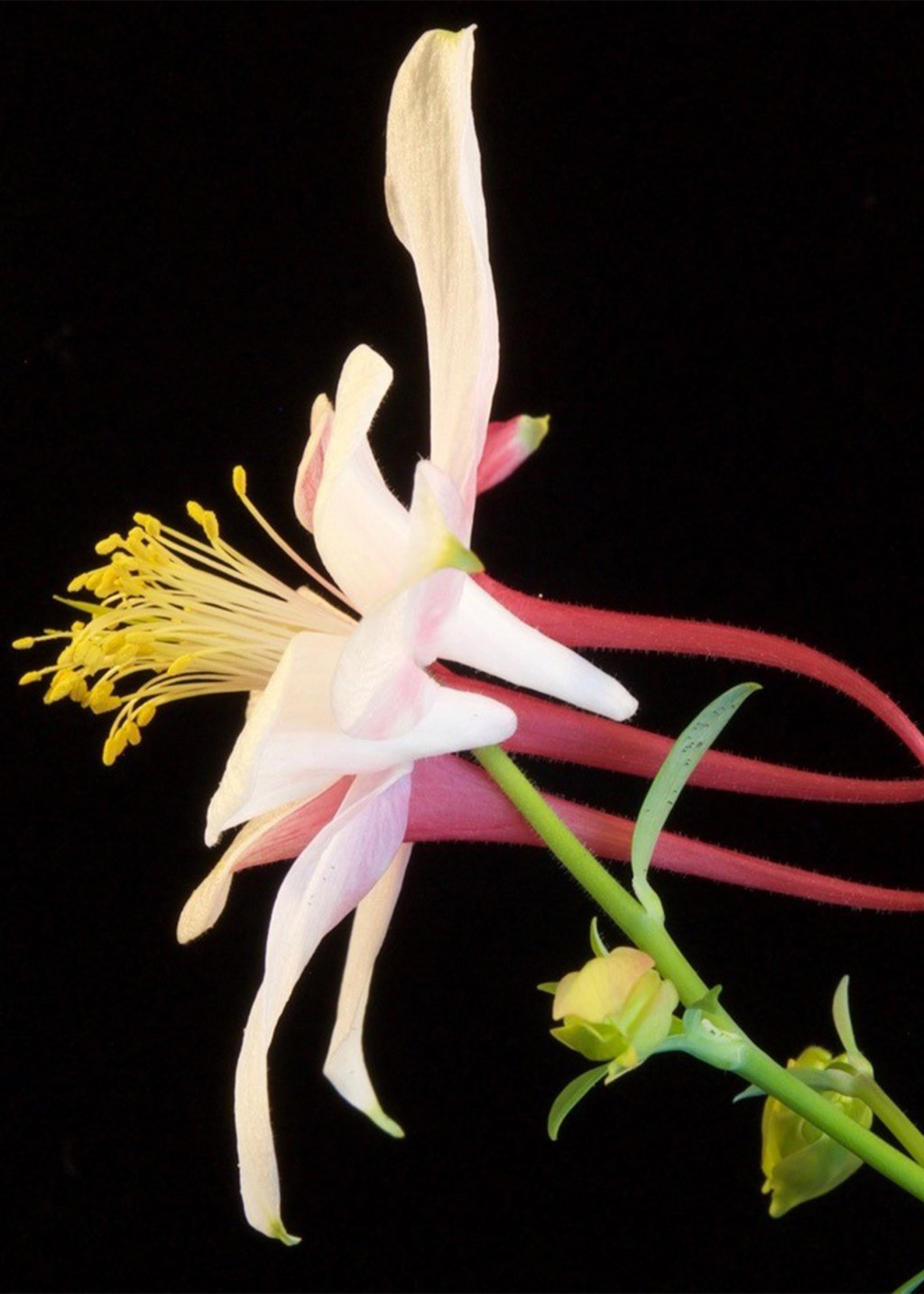
-
Digging into the history of the cosmos
The main goal of Cora Dvorkin’s lab is trying to understand the nature of one of the universe’s most important and puzzling features: dark matter.
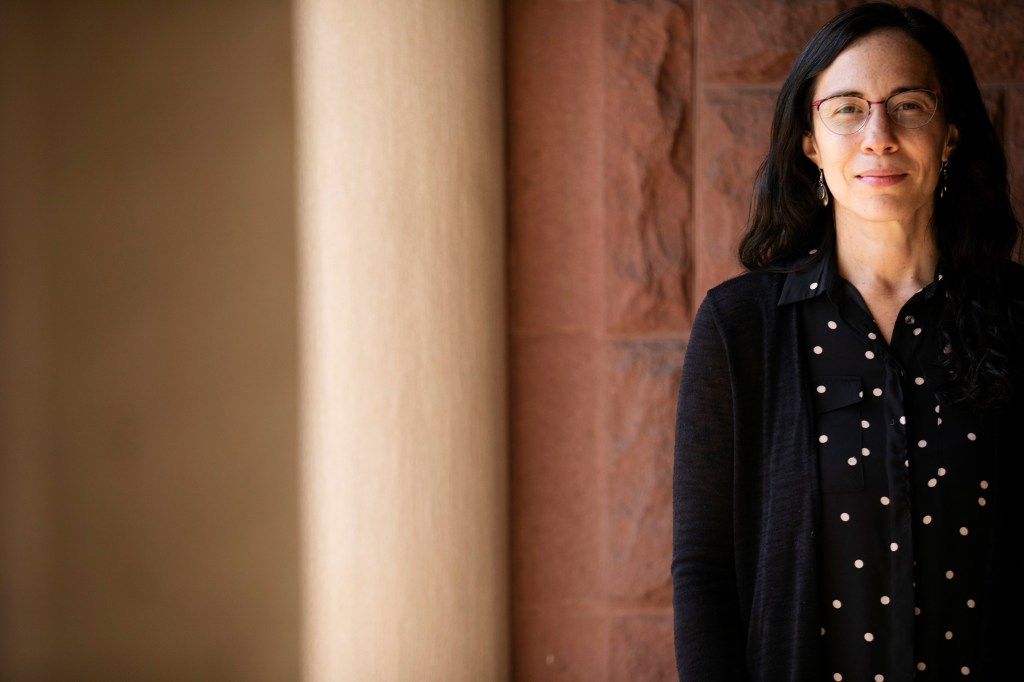
-
Touch and taste? It’s all in the suckers
Harvard researchers uncover novel family of sensors in octopuses.
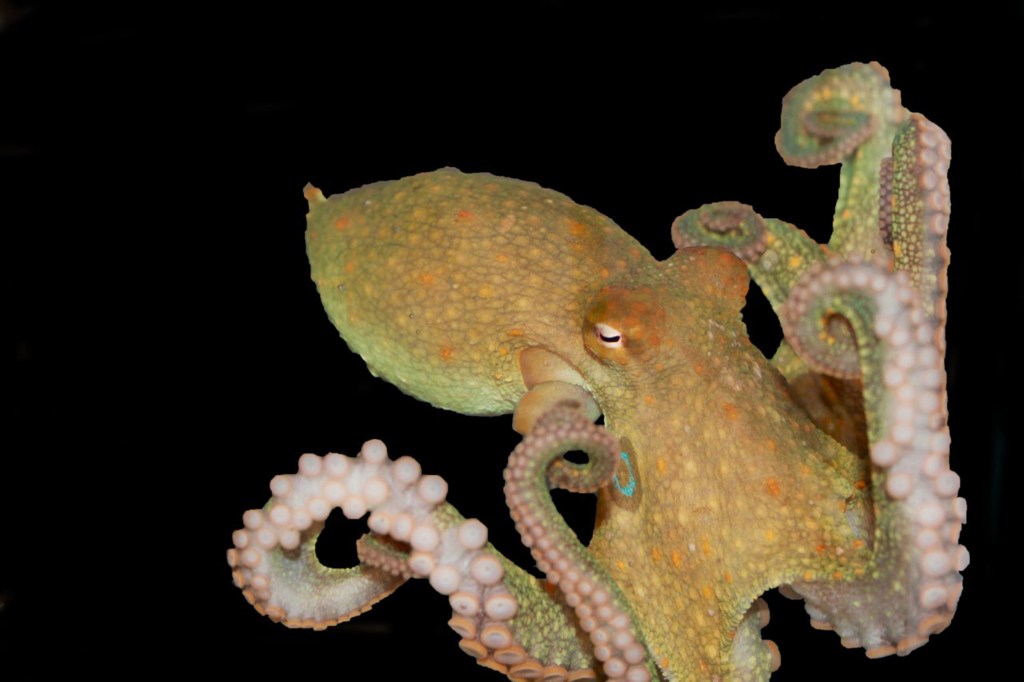
-
LabXchange meets and beats challenges of remote learning
LabXchange, a free digital-learning platform for science education, allows students, educators, scientists, and researchers to collaborate globally in an online community.
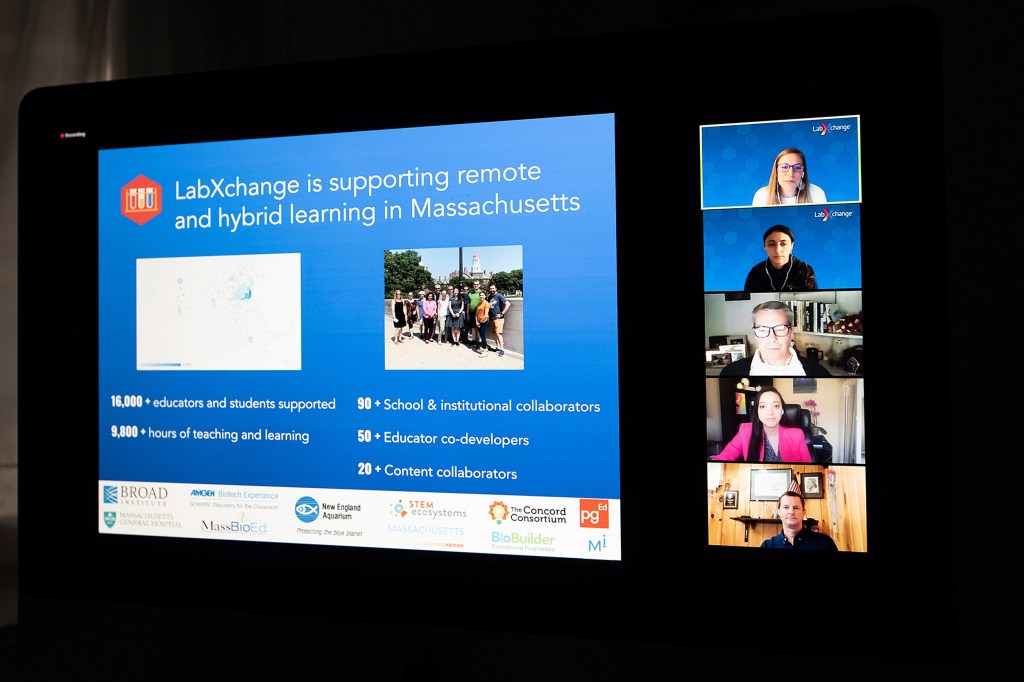
-
Why do we get so picky about friendship late in life? Ask the chimps
Understanding why older chimps tend to favor small circles of meaningful, established friendships rather than seek new ones may help scientists gain a better picture of what healthy human aging should look like and what triggers this social change.
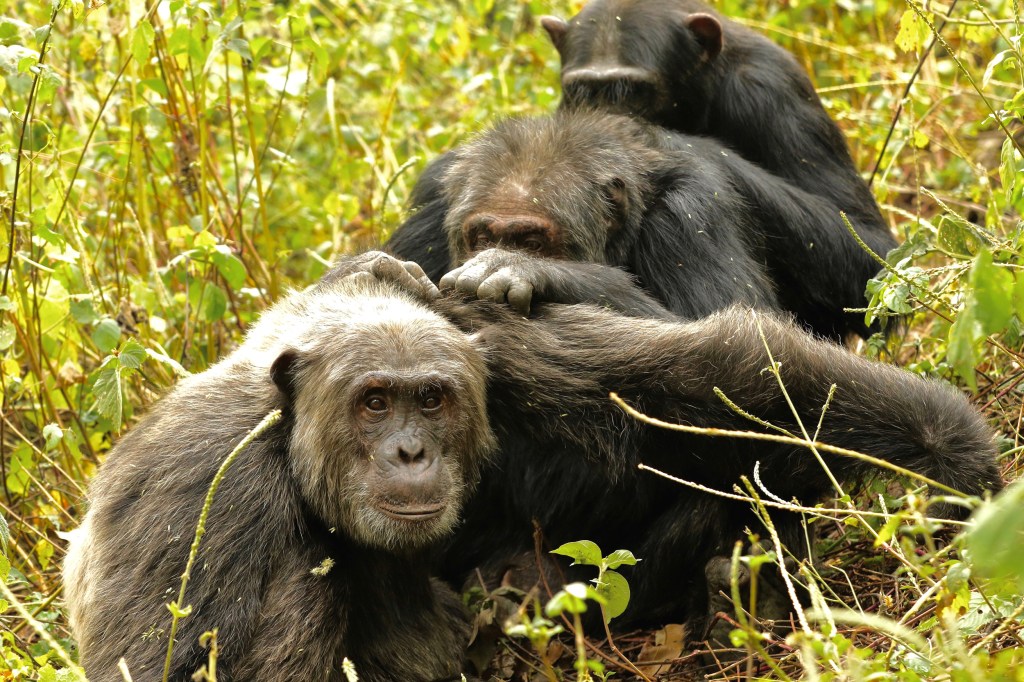
-
Enzymatic DNA synthesis sees the light
Controlling a DNA-synthesizing enzyme with photolithographic methods from the computer chip industry facilitates multiplexed writing and storage of digital data in DNA.

-
Frère Jacques, are you sleeping?
Researchers at Harvard’s Music Lab have determined that American infants relaxed when played lullabies that were unfamiliar and in a foreign language.
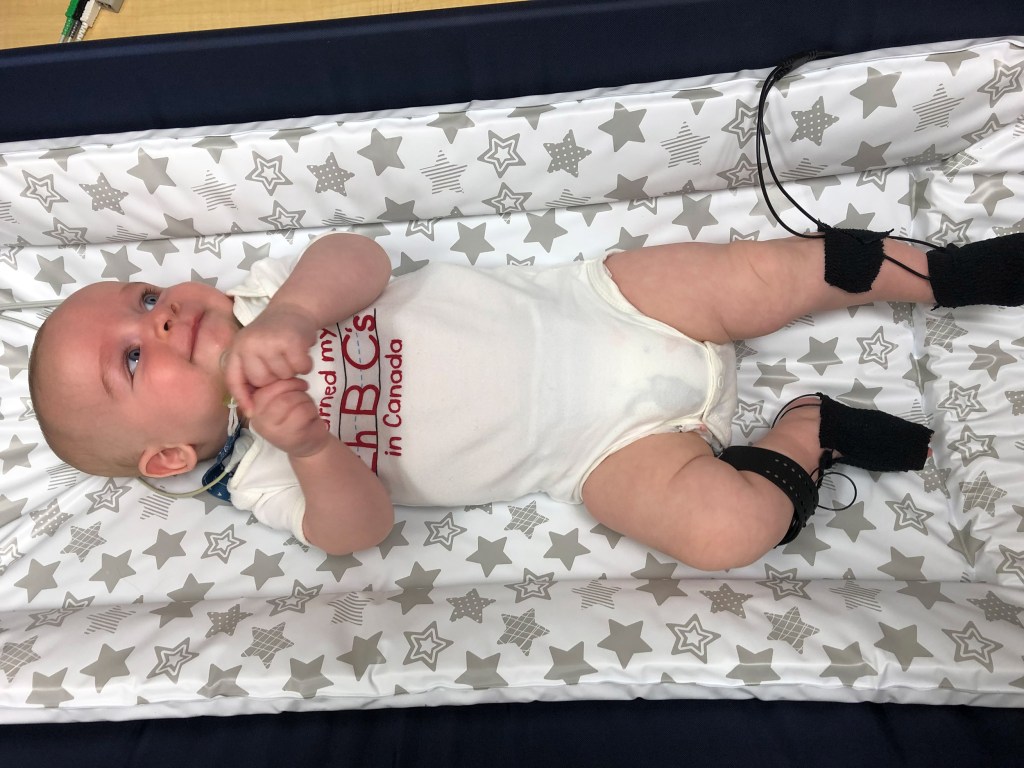
-
Trailblazing initiative marries ethics, tech
Faculty from the Computer Science and Philosophy departments join forces in a successful new undergraduate initiative, Embedded EthiCS, to change the way computer scientists think about the ethical implications of new technology.

-
Pandemic academics
A new Harvard course challenges students to use science to evaluate COVID-19 policies.
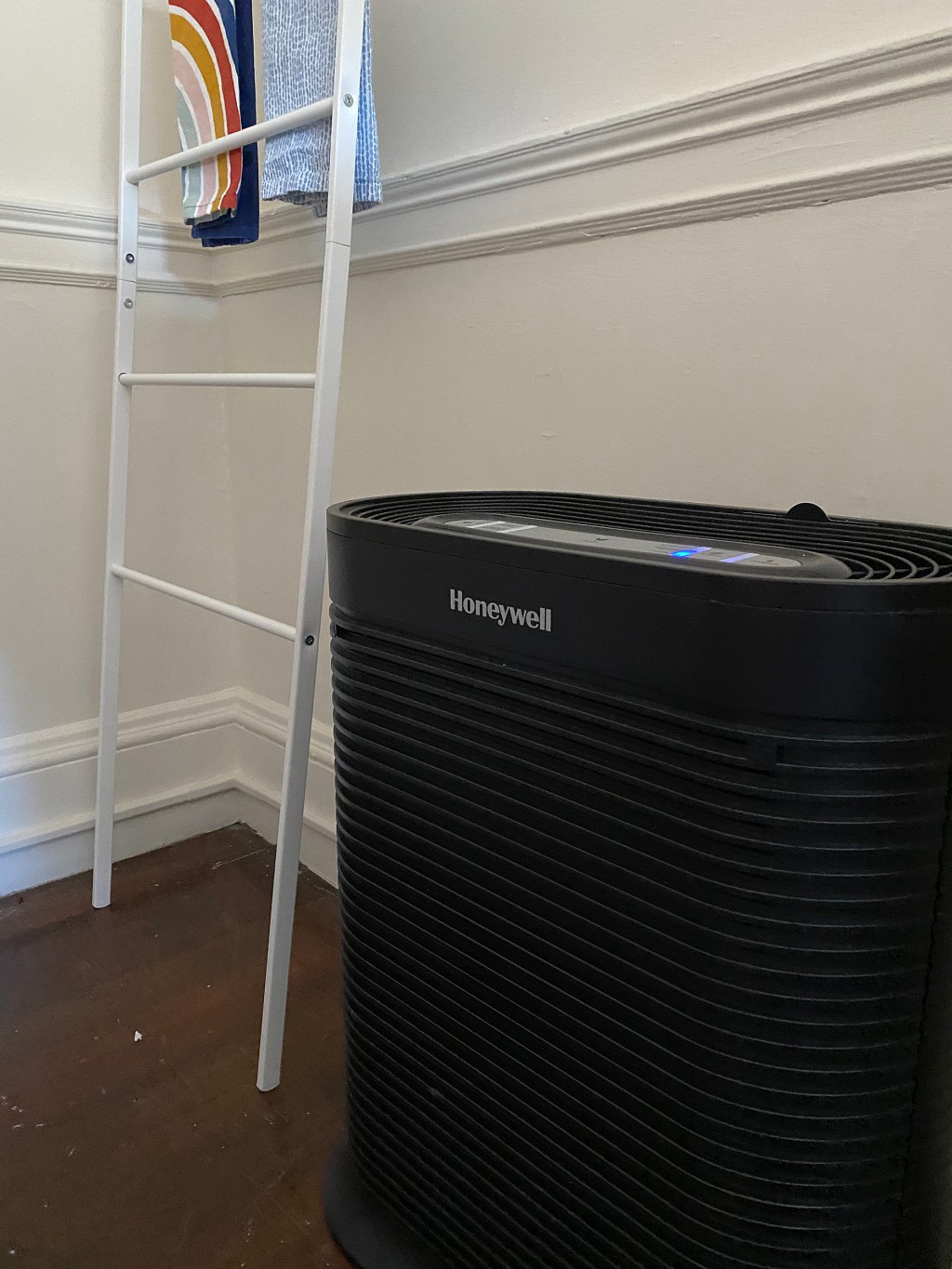
-
Deep learning takes on synthetic biology
Computational algorithms enable identification and optimization of RNA-based tools for myriad applications.

-
A timeline on the evolution of reptiles
A new study by a team of Harvard-led researchers contradicts a widely held theory that major transitions in evolution always happened in big, quick (geologically speaking) bursts, triggered by major environmental shifts.
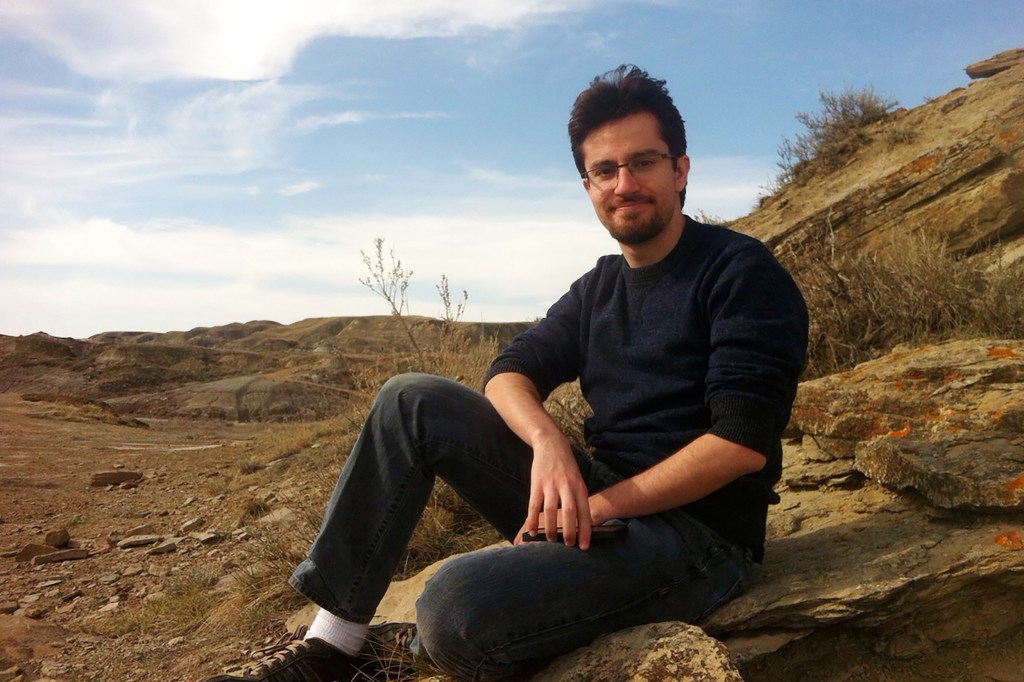
-
Six-year deluge linked to Spanish flu, World War I deaths
A new study of ice-core data shows that an unusual, six-year period of cold temperatures and heavy rainfall coincided with European deaths during the 1918 Spanish flu.

-
Interplanetary storm chasing
Harvard researchers use a 3D model to figure out how a hexagon-shaped mega-storm on Saturn was formed.

-
How cells sort themselves
Researchers have discovered a key control mechanism that cells use to self-organize in early embryonic development.
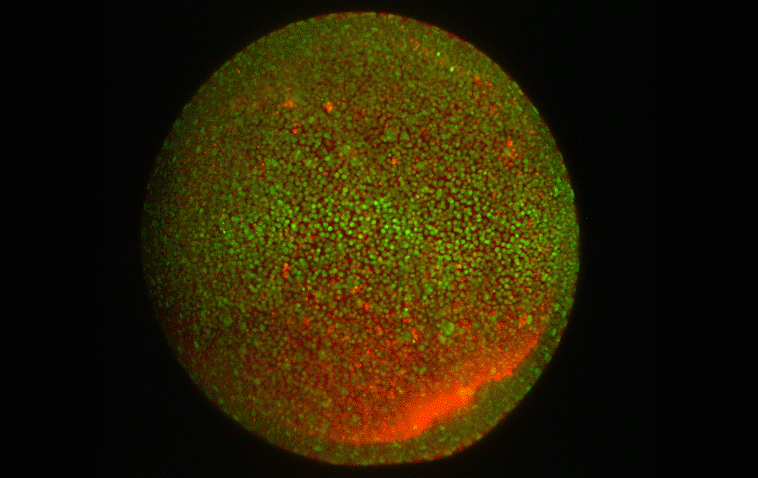
-
When it hits 100 degrees in Siberia …
With the threat of extreme heat rising, from California to Siberia, we ask climate scientist Peter Huybers what to expect in the future.

-
Infection detection
“Viral history” tool VirScan offers new insights into antibody response to SARS-CoV-2.
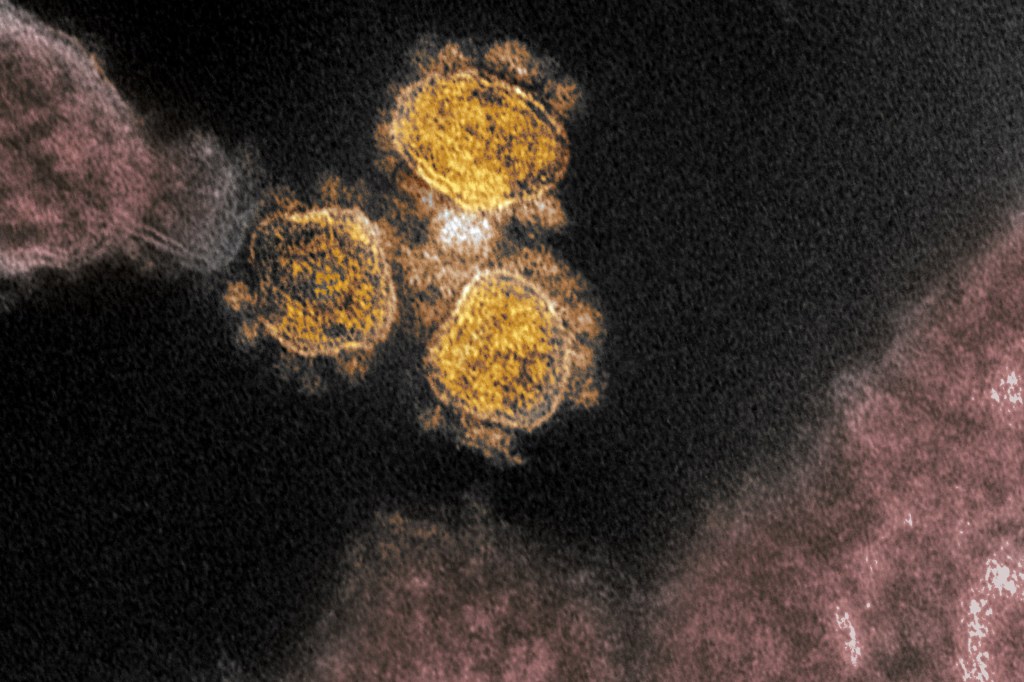
-
A model of how museums can share their collections more widely
Harvard has digitized 19th-century glass models of 15 marine invertebrates made by Rudolf and Leopold Blaschka. The 3D models are the result of between 250 to 700 images that had to be taken per glass piece.
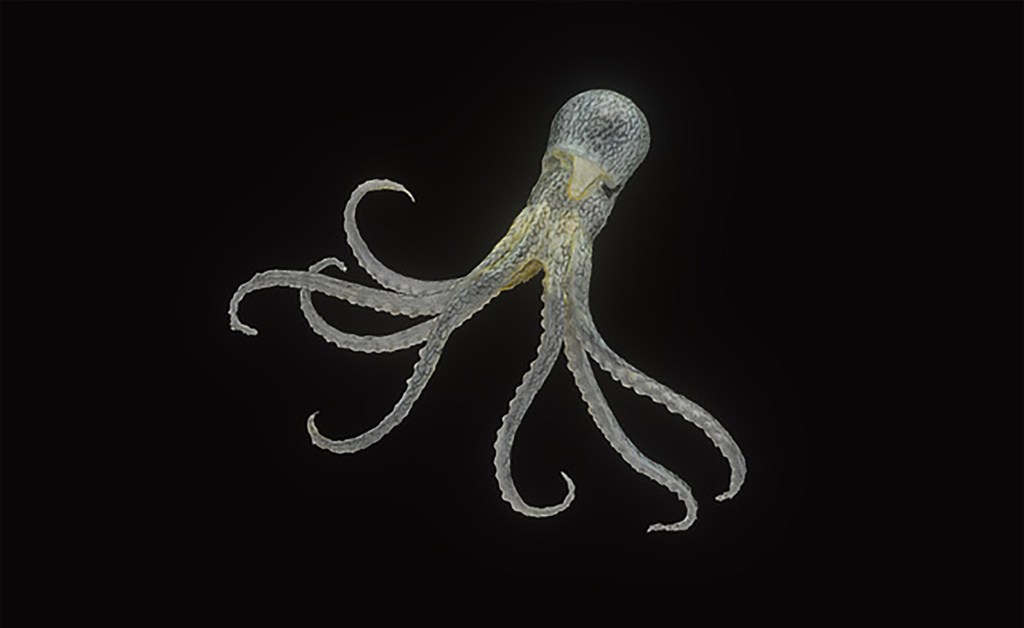
-
A map of the human heart
Highly detailed map of the human heart could guide personalized heart treatments.
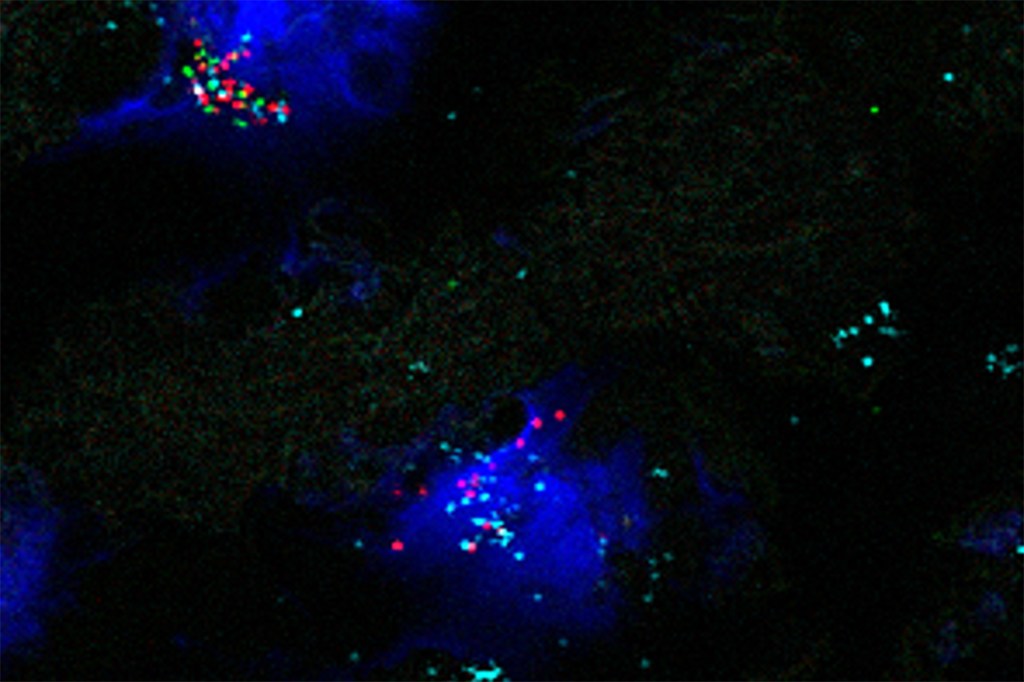
-
An emergency response team for data?
Data science provides a foundation for an important front in the battle against COVID-19. The Harvard Data Science Review, a journal of the Harvard Data Science Initiative, is helping keep data scientists connected and up to date on the latest findings.
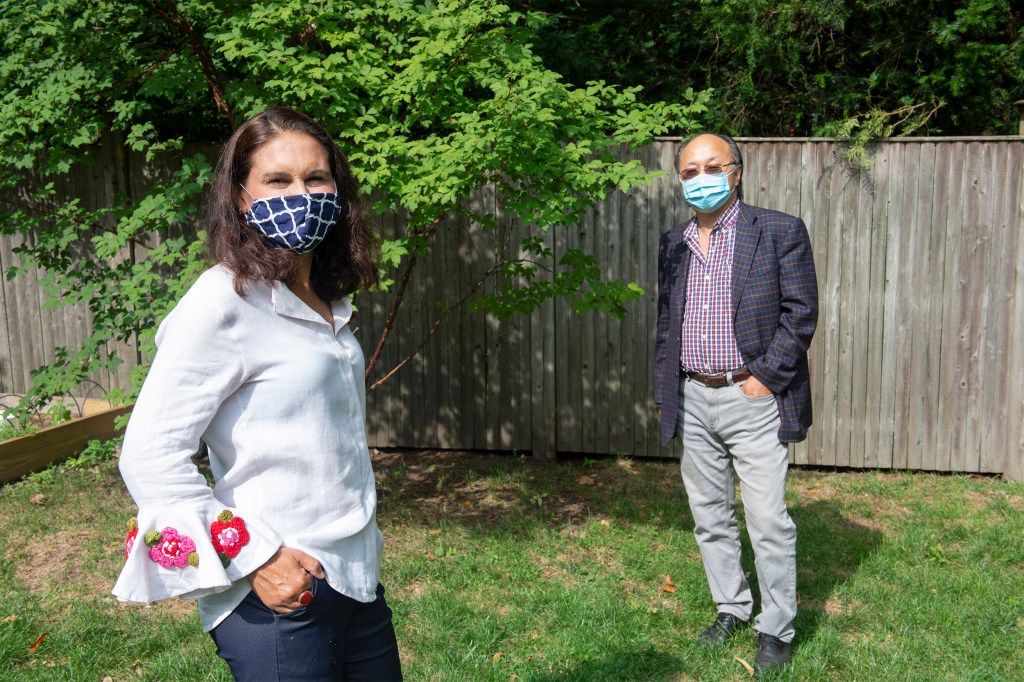
-
Your shoes were made for walking. And that may be the problem
Toe springs in shoes make walking easier but may come at a cost.
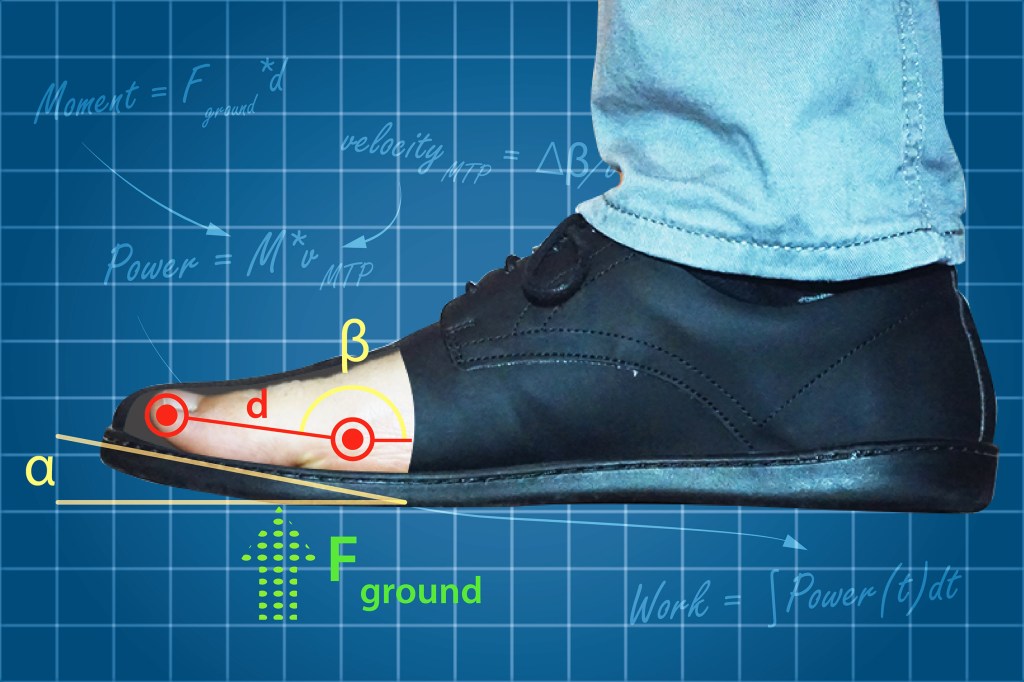
-
How the West became WEIRD
In his new book Joe Henrich looks at how the West became psychologically peculiar and prosperous.
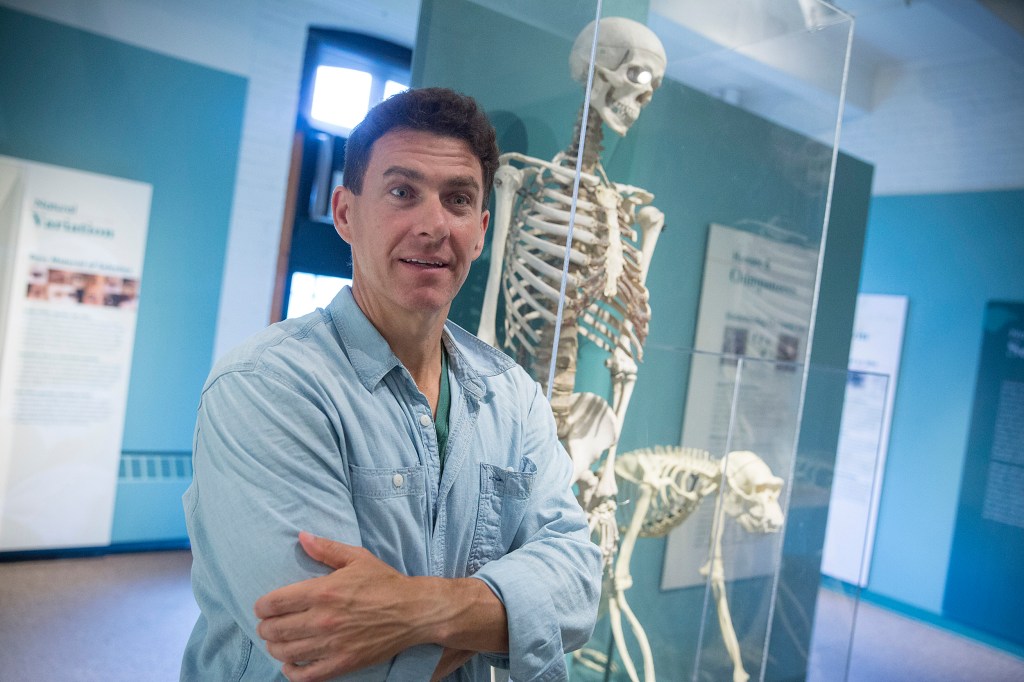
-
On the clock
Researchers have built two machine learning models that gauge biological age and predict remaining lifespan in mice.

-
Viewing flattened fossils in a new light
Harvard and Chinese scientists study Cambrian fossils using micro-CT and 3D models.
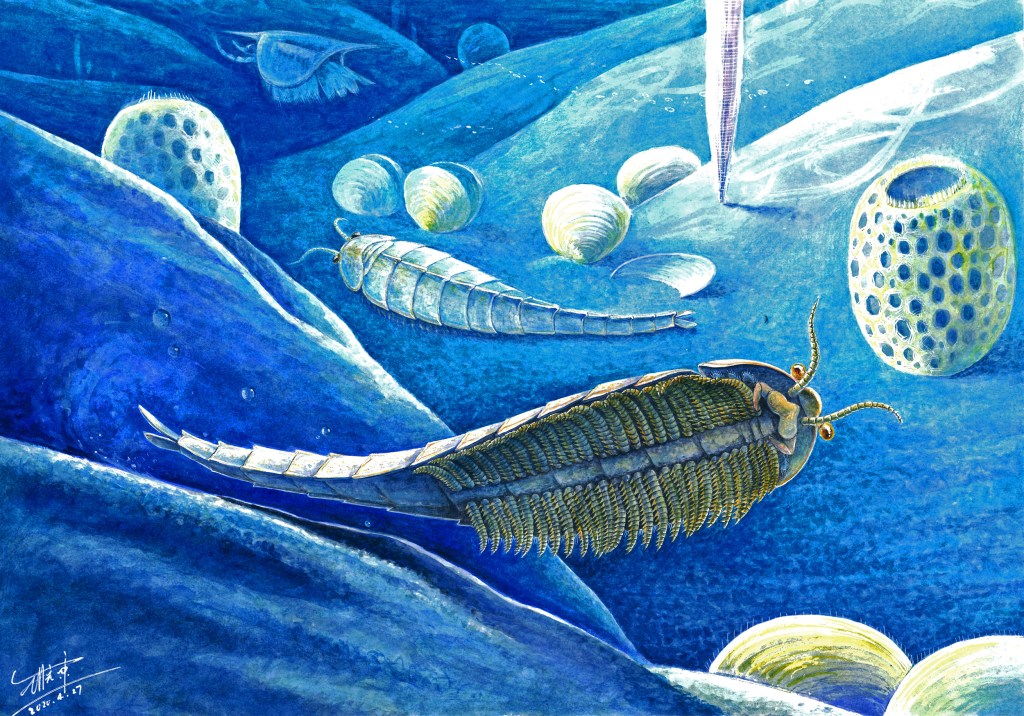
-
A cool first for Harvard
Harvard researchers become the first to cool a polyatomic molecule using light.
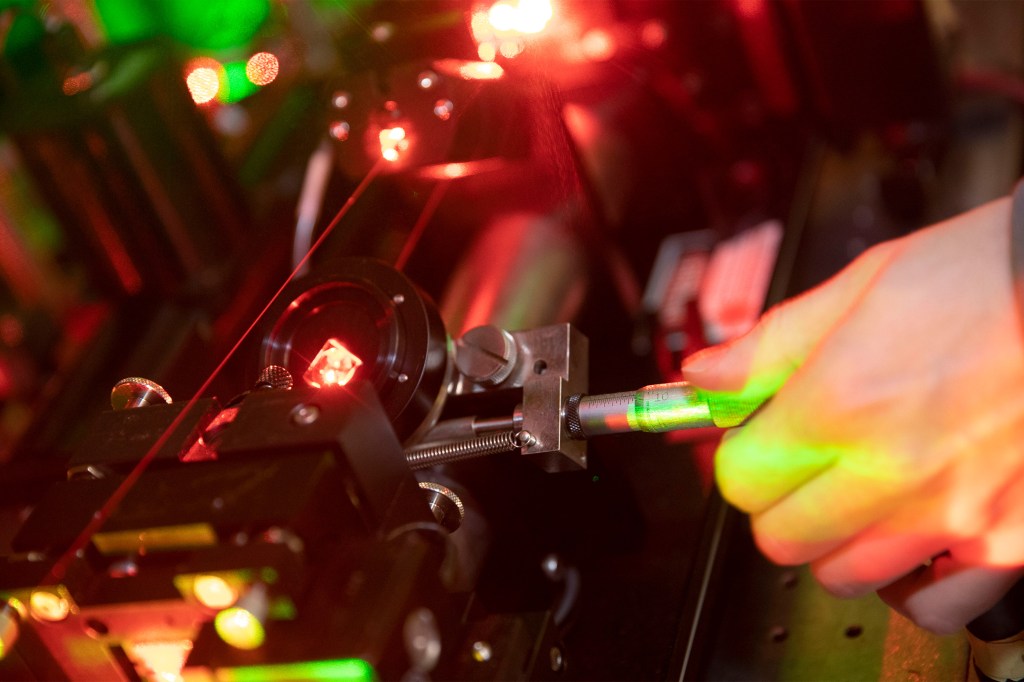
-
Inside Harvard’s COVID tracing effort
A look at COVID-19 contact tracing efforts at Harvard.
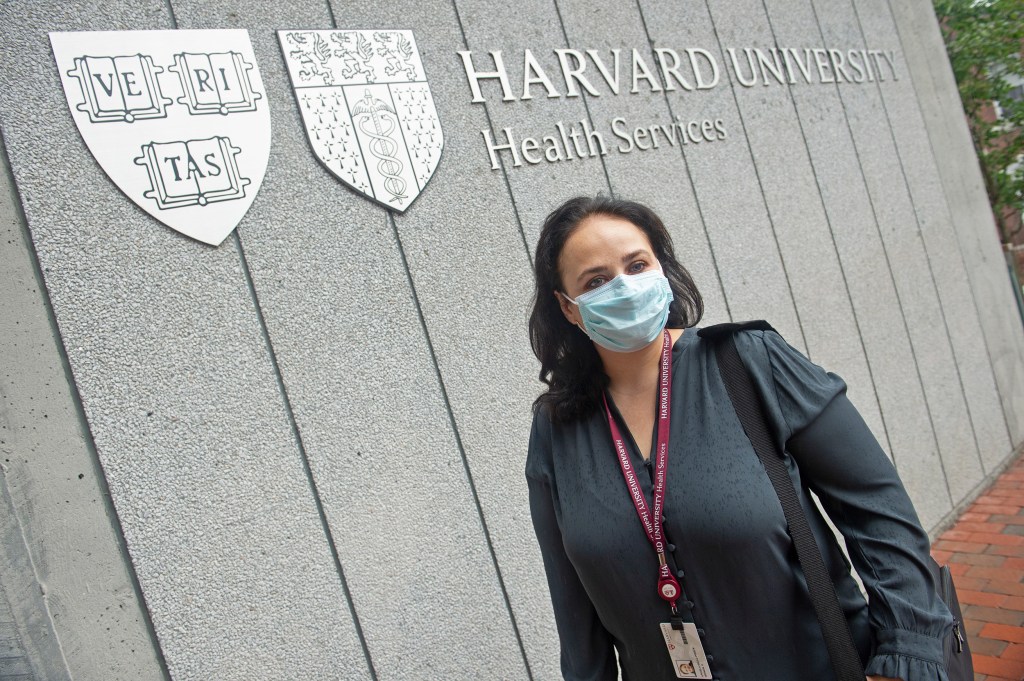
-
Students use computational biology to confront COVID-19
A team of undergrads is using computational biology to create a therapeutic that enables the body to quickly develop COVID-19 antibodies and jump-start the immune system’s battle against the disease.

-
Far-out findings from the cosmos
CfA astronomers theorize that the solar system originally had two suns as they further research a sneezing star and ‘Oumuamua.

-
Imagine clothing that stretches or shrinks to fit you
SEAS researchers have developed a material made from recycled wool can be 3D-printed into any shape and pre-programmed with reversible shape memory.

-
Differing diets of bonobo groups offer insights into how culture is created
According to new study, bonobo hunting tendencies show proof of culture
